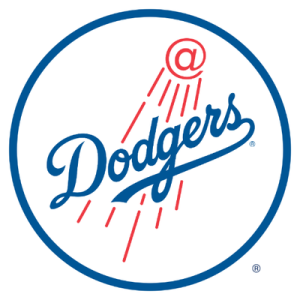Notes: Ohtani's MVP voting, LA plate discipline, Freeman's slam

11/14/2024 09:04 AM
Both of Shohei Ohtani's American League MVP wins were unanimous. How many of the 30 first-place votes for National League MVP did he receive this year?
Dodgers star Shohei Ohtani is for sure a top-three finisher in National League MVP voting, and it would be a monumental surprise if he doesn't win the award when it is announced next Thursday afternoon.
If When Ohtani wins, it will be his third MVP award after winning American League honors in 2021 and 2023 with the Angels. In both of those AL MVP years, Ohtani got all 30 first-place votes. Coupled with Atlanta's Ronald Acuña Jr. last year, 2023 was the first time both MVP winners won unanimously. Ohtani and Aaron Judge figure to be runaways for this year's MVP awards, too.
Michael Baumann at FanGraphs wrote about the trend in recent years toward consensus award voting. He referenced Twins utility man César Tovar getting the lone first-place vote not sent Carl Yastrzemski's way when the Red Sox outfielder won the triple crown for the AL pennant winners in 1967:
The Tovar vote, seen as a disgrace even at the time, actually represented a pretty common issue among MVP selectors well into the 2000s. At the time, there was no data to speak of apart from what's in the box scores. Anything not represented there was left to the imagination and the writers' own insight and recollection. Before the internet, it was hard for voters to read each others' analysis to catch up on games they hadn't witnessed personally, let alone watch tape on players they might have to vote on after seeing only a handful of their games.
In case you missed it from Wednesday
Dodgers scout Jack Murphy was a guest this week on the Bullpen Mafia podcast talking about the World Series, why the longtime minor league catcher is a big fan of Will Smith, the culture of the organization.
"From a scouting perspective, our front office and R&D, we place a huge value on getting pitches to hit in the strike zone, not expanding the strike zone, and getting it to the next guy," Murphy said. "That shows up. In a lot of the games we're talking about — World Series, the NLCS, all postseason — some of the guys who struggled were the ones who don't live in the strike zone."
During the postseason, Dodgers hitters had the second-highest walk rate (11.8 percent) and second-lowest strikeout rate (19.7 percent), which helped them scored the most runs (5.94 per game) and second-best slugging percentage (.426, trailing only the Brewers who lost in the wild card round).
Kiri Oler at FanGraphs took a stroll through postseasons in this century to find the plays with the largest swings (sometimes literally) in win probability added. Included within are some good plays for the Dodgers (Freddie Freeman's walk-off grand slam) and some bad ones (Jimmy Rollins off Jonathan Broxton, the Brett Phillips walk-off wildness).
.


